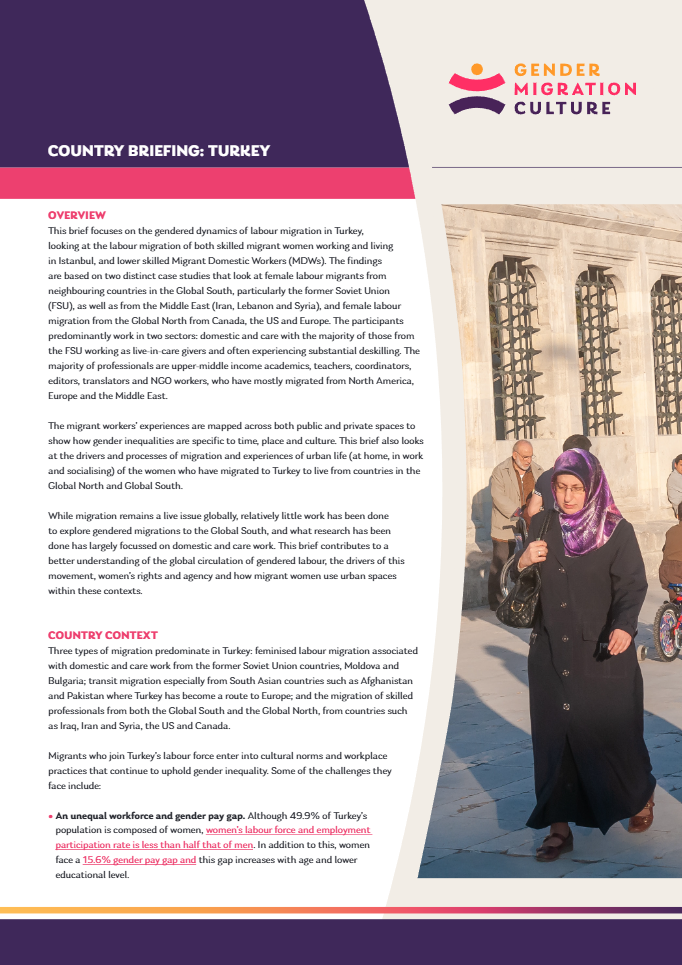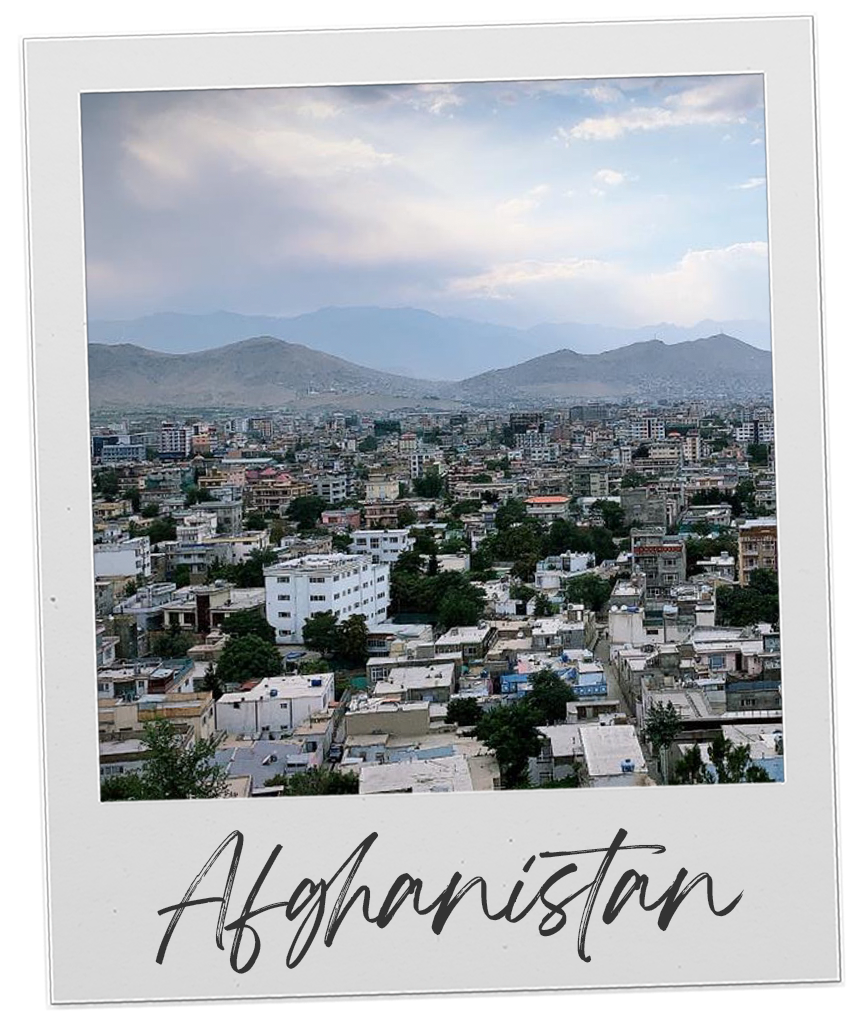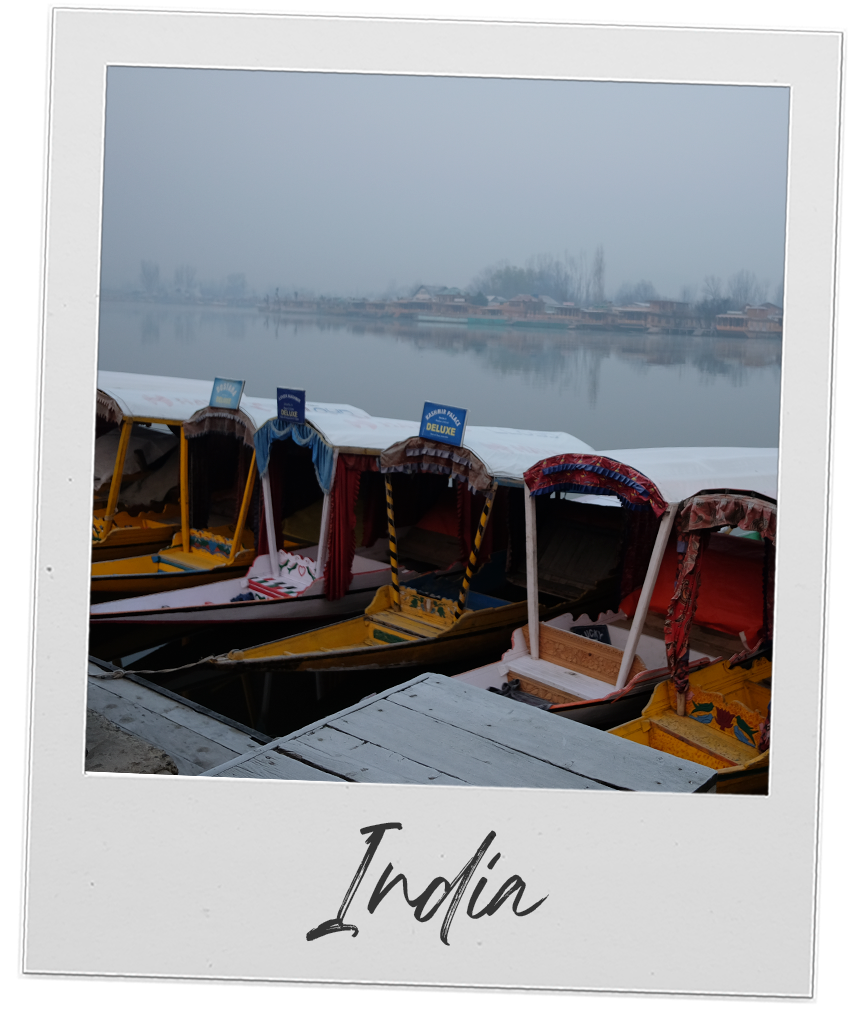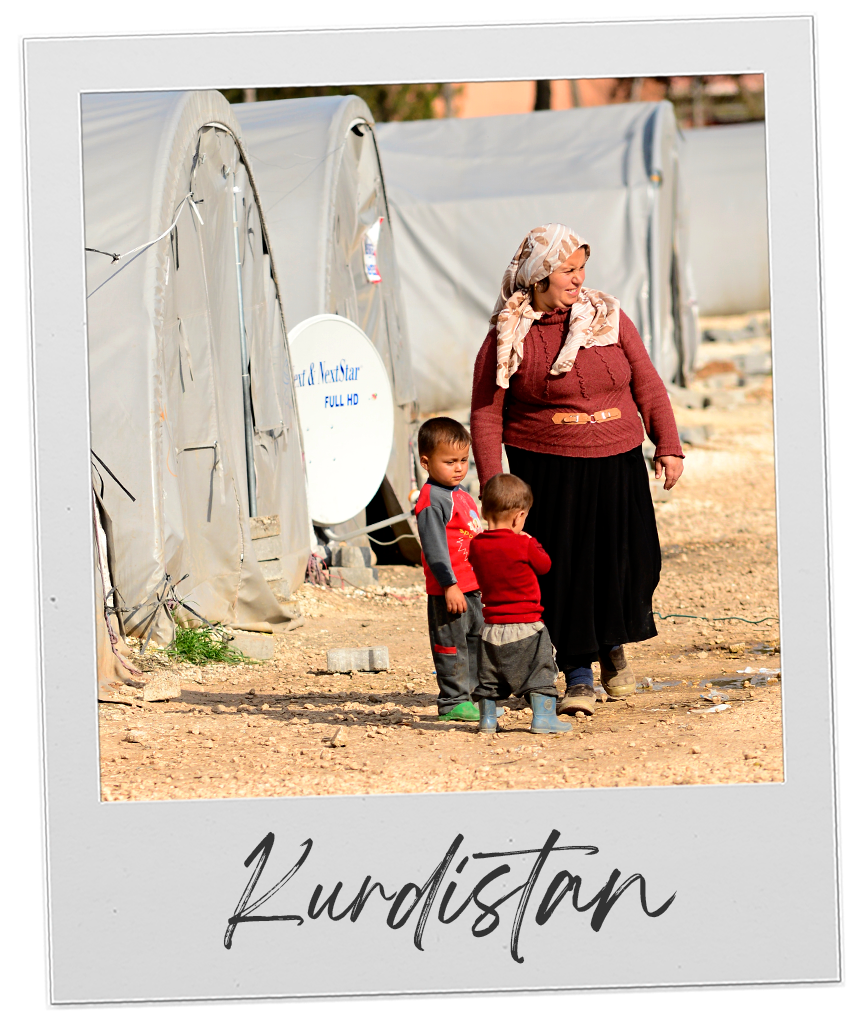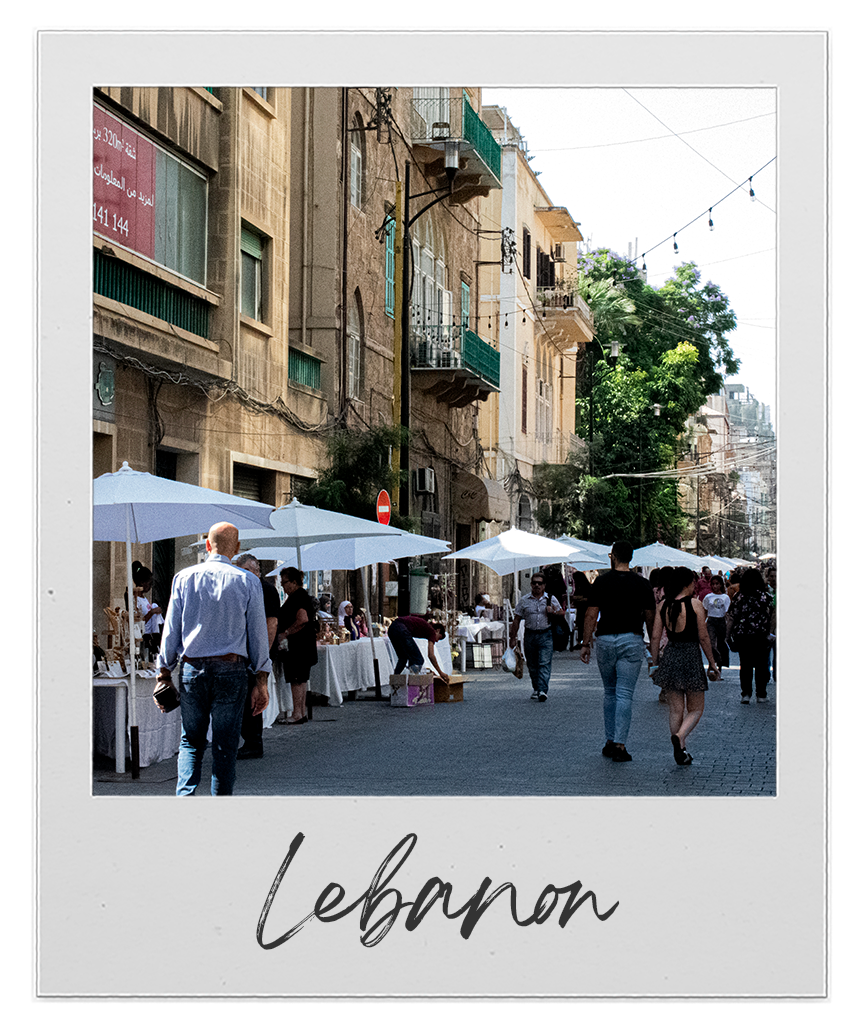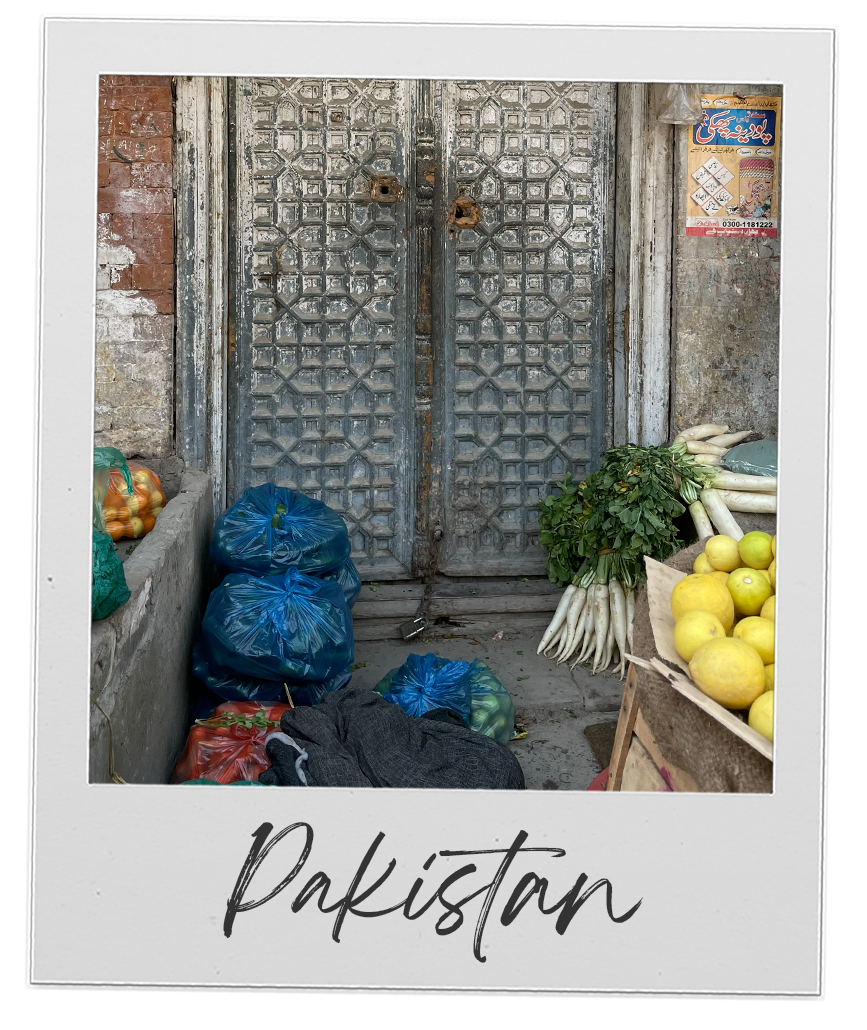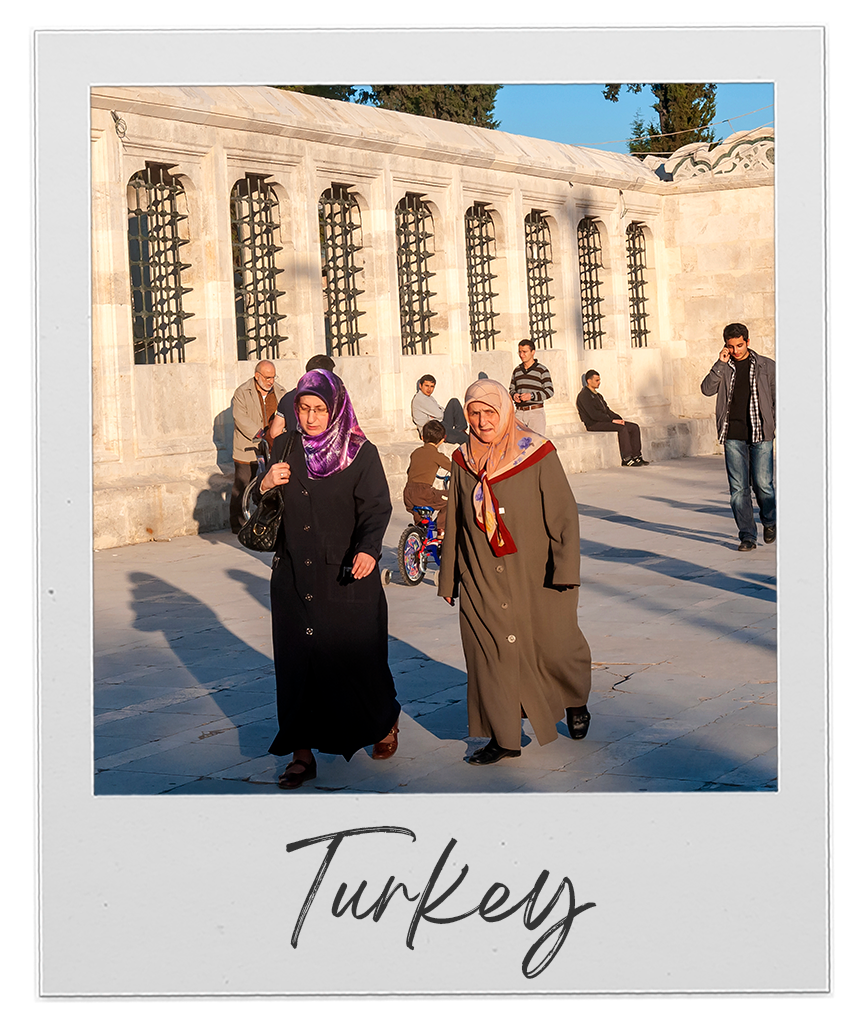Turkey
Migration and displacement
Labour and migrant workers
28 migrant women working in a variety of sectors, such as domestic and care, textile and trade industries, in addition to professional sectors, were interviewed, between July 2020 and June 2021.
What we found
Variety
Turkey receives female labour migrants from both neighbouring countries in the Global South, particularly the former Soviet Union (FSU) as well as the Middle East (Iran, Lebanon, Syria) and the Global North (Canada, US and Europe). Participants in this research predominantly worked in two sectors: domestic and care with the majority of those from the FSU working as live-in-care givers and often experiencing substantial deskilling. The majority of professionals were upper-middle income academics, teachers, coordinators, editors, translators and NGO workers, who have mostly migrated from North America, Europe and the Middle East.
There were multiple drivers shaping women’s migration to Turkey. For skilled migrant women, precarious working conditions resulting in a lack of future appear to be one of the drivers of migration, along with kinship ties, marriage migration and the desire to make a change in lifestyle. Other drivers of migration, mostly for the Syrians, Iranian and Lebanese women, were conflict and political pressures, gender inequalities, violence, and discrimination towards sexual identity in their home countries.
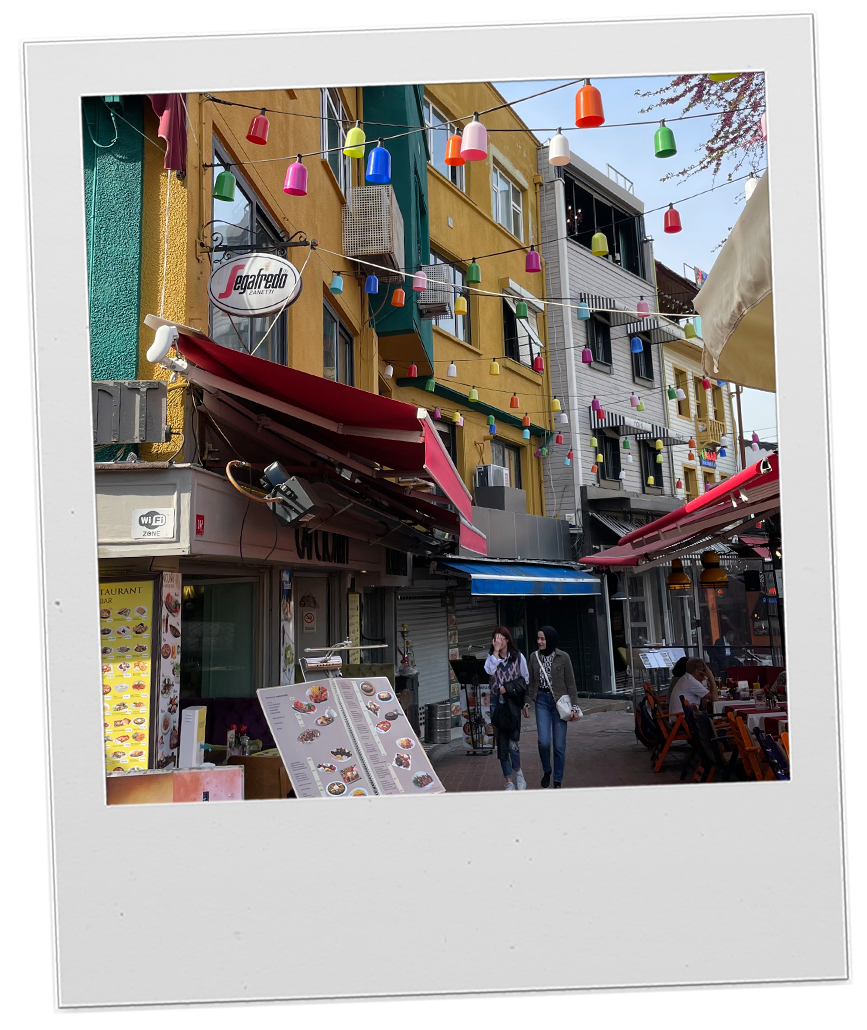

Challenges
Lower skilled women describe experiences with violence and discrimination as a driving factor for leaving their home countries. In relation to the lower skilled migrant women, the women’s narratives revealed that the drivers of migration linked to their country of origin where some have experienced discrimination, heavy and unequal work burdens based on gender division of labour and the lack of right to work, as well as domestic violence.
Our findings indicate that the majority of women are exposed to verbal, physical and/or sexual harassment in public spaces in Istanbul. The city itself is often one of the reasons they chose to remain in Turkey. However, cultural differences and exclusionary attitudes in Turkey often cause these women to feel excluded.
In Istanbul, many work without a work permit and without basic social security. Within the framework of informality, lack of standards on migrant domestic workers working and living conditions, the particularities of “home” as a workplace and privileged position of employers seem to reinforce the inequalities and vulnerabilities of women workers’ experience. Their coping strategies are not based on collective action, but rather individual-oriented and limited.
Despite the risks, many women feel it is worth migrating. Their desire and will to better their and their family members lives, as well as to leave behind patriarchal relations and ties becomes crystal clear when women’s gains and achievements from their employment are considered.
Resources
Secluded Lives: Restricted Urban Practices of Migrant Domestic and Care Workers in Istanbul
Our research investigates the gendered processes of labour migration of domestic and care workers (MDWs), along with their experiences of urban life in Istanbul. As an interdisciplinary urban study in concordance with ethnographic methodologies, it further focuses on gendered drivers of migration: the home, work, and social urban environments of MDWs. The significance of our […]
Gendered Dynamics of International Labour Migration: Migrant Domestic and Care Workers in Istanbul
The aim of this report is to understand and analyse the living and working conditions of migrant domestic and care workers in Istanbul through several themes, such as drivers for migration, living/working experiences and practices, and migrant women’s spatial mobility in the city. Based on migrant women’s own narratives, this report also discusses the impacts […]
Gendered Dynamics of International Labour Migration: Skilled Female Migrants in Istanbul
The first part of our research aims to investigate the gendered dynamics of labour migration of skilled (university graduate) more highly educated migrant women working and living in Istanbul, along with their experiences in urban space. This project further focuses on the drivers and processes of migration and urban life (home, work, socialising) experiences in […]
The Istanbul Convention: An interview with Eren Keskin
Early on Saturday 20th March 2021, Turkey’s President Erdoğan issued a decree pulling Turkey out of the Istanbul Convention (official known as the Council of Europe Convention on preventing and combating violence against women and domestic violence). Adopted in 2011, the Istanbul Convention establishes the protection, prevention, prosecution and ultimately the elimination of all forms of violence against women, […]
Turkey country briefing
This brief focuses on the gendered dynamics of labour migration in Turkey, looking at the labour migration of both skilled migrant women working and living in Istanbul, and lower skilled Migrant Domestic Workers (MDWs). The findings are based on two distinct case studies that look at female labour migrants from neighbouring countries in the Global […]
Migrant Women in Turkey: Gendered Dynamics of International Labour Migration
This study investigated drivers of migration, incorporation of migrants into the labour market, experiences of work and living in Turkey, agency, coping strategies and use of public space. Overall, 28 migrant women working in a variety of sectors, such as domestic and care, textile and trade industries, in addition to professional sectors, were interviewed, between […]
